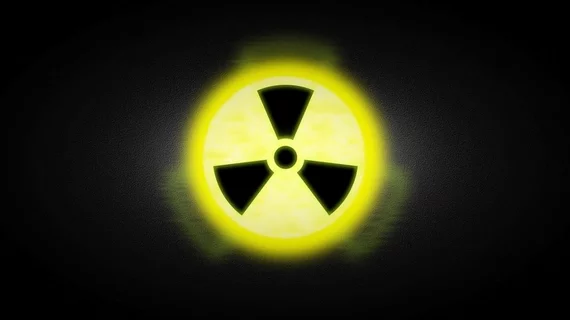Wisconsin company to begin producing medical isotopes next year
SHINE Technologies LLC is paving the way to increase the production of critical medical isotopes here in the United States, Wisconsin Inno reports.
The company’s CEO Greg Piefer detailed the plans at the Wisconsin Entrepreneurs’ Conference on June 2, stating that production would be achieved via small-scale nuclear transmutation. The facility, located in Janesville, could begin producing isotopes as soon as next year, with plans to expand upon that production by 2024.
Part of the multi-phase plan includes nuclear waste recycling. When medical isotopes are produced in nuclear reactors, this creates waste that can persist for thousands of years. Waste recycling is the third phase of the project, and will focus on dissolving nuclear waste and separating out valuable materials.
Along with SHINE, Northwest Medical Isotopes, LLC was also granted support a few years ago by the U.S. Nuclear Regulatory Commission to produce Mo-99 commercially. Other than that, there are research reactors in the U.S. that are capable of producing medical radioisotopes, when necessary, but typically this occurs only in emergency situations, such as when operations are unexpectedly halted at other reactors. This was the case in January 2022, when a high-flux reactor in the Netherlands was damaged and had to delay its first cycle, which disrupted the supply chain through March of 2022.
Though the increased commercial isotope production is set to begin in the United States, part of SHINE’s long-term plan includes expanding into Europe, with a facility in the Netherlands set to be completed in 2026.
“We’re laser-focused on being the biggest medical isotope production company in the world,” Piefer said.
For more information, visit SHINE’s website here.
Related Radiotracer Isotope Shortage News:
Netherlands nuclear reactor has resumed operations after unplanned outage
Medical isotope shortage looms as 'unplanned' outage halts Mo-99, Lu-177 production
University's research reactor increases medical isotope production in wake of supply disruption
Texas A&M University to lead isotope R&D trainee program with $2 million grant
University's research reactor increases medical isotope production in wake of supply disruption
One chemistry professor's role in increasing radioisotope production in the U.S.
NorthStar breaks ground on isotope facility, moves toward doubling domestic Mo-99 supply
Isotope update: Target date for resuming production of Mo-99 still unclear
Isotope shortage update: Target restart date for downed reactor has been set
Medical isotope update: Shortage expected to last weeks as nuclear reactor remains sidelined
Nuclear reactor in Poland steps up to address Mo-99 shortage
Medical imaging isotope producer Shine finalizes merger with fusion technology specialist
SHINE gains exclusive license for Lu-177 radioisotope production

